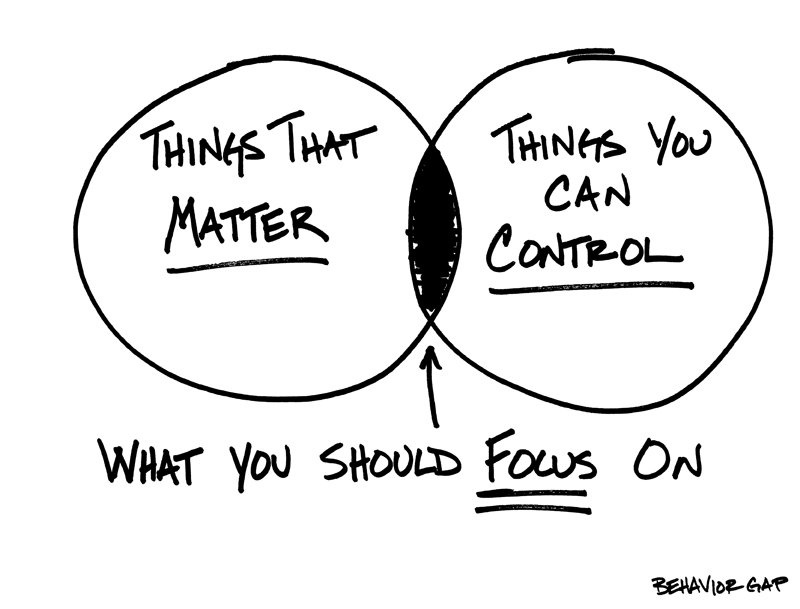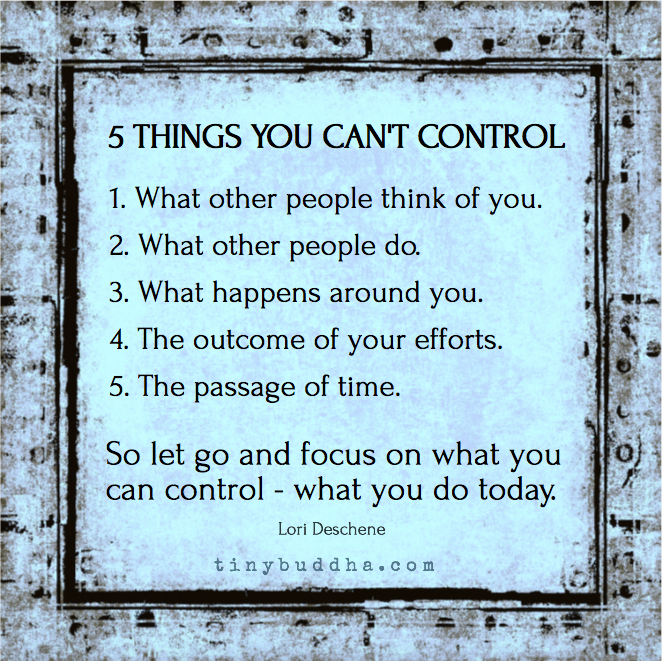When things are out of your control...lessons from a thunderstorm
Two weeks ago, we had quite a rough storm in the GTA. The rain was quite hard, as was the wind. It was powerful enough to knock out power, phone lines, and trees. The damage that was sustained was incredible.
People were impacted in different ways. Some homes lost power for 3 or more days, while others had trees crash down on their cars and roofs. Sadly, ten people actually lost their lives to the storm.
I was fortunate enough not to lose power at my home, although we were without internet access at work. This was incredibly frustrating! A phone pole went down, so we could not call patients, access our EMR, fax, and more.You can imagine how this slowed down work. It was difficult for us as physicians, but also for patients. We managed and did our best - but in the end of the day, the power outage was just plain annoying.
To be honest, although these helped, they were not satisfactory solutions. We were all frustrated, tired, and annoyed.
But then again - what could we have done? Was there anything more we could have done to fix the solution?
The reality is....no. We did all we could. The rest was out of our hands. Until the internet company was able to fix the problem, we could do nothing more. Getting frustrated about it time and time again did nothing but agitate us.
This was a huge lesson - or at least, reminder, for myself: some things and situations are simply out of our control. It is certainly important to examine the situation and see what we can do to fix the issue - or reduce its impacts on our lives and functioning. But after that, we need to stop allowing the situation to get us angry or frustrated. Why? Because the situation is out of our hands. Once you have done everything possible, you need to let go and let things be.
Which is not easy to do. We always WANT to fix things. We want SOLUTIONS and we want them NOW. But this kind of thinking only worsens our current situations. There comes a point when you need to step back, appreciate that you have done all you can, and let things be.
It will get solved when it gets solved. Acknowledge the problem. Consider what you can do to fix the issue. Then, take a step back, breathe, and let things be. In other words, when faced with a problem - our instinct is to ACT. And, ACT, we should...but perhaps in a different manner that what we are initially moved to do.
It's not easy to follow, but I encourage you to try to ACT the next time you are in a situation that is out of your control. This storm certainly taught me to slow down and examine my own reactions when things are out of my control. To ACT in this way is not easy...but it certainly provides a lot more peace, clarity of mind, and calmness to difficult situations. The storms always pass, and brighter days (including ones that have internet and phone lines working normally!) are always ahead!




